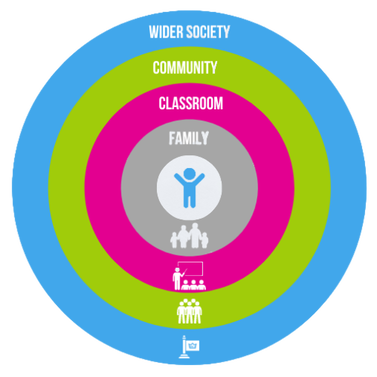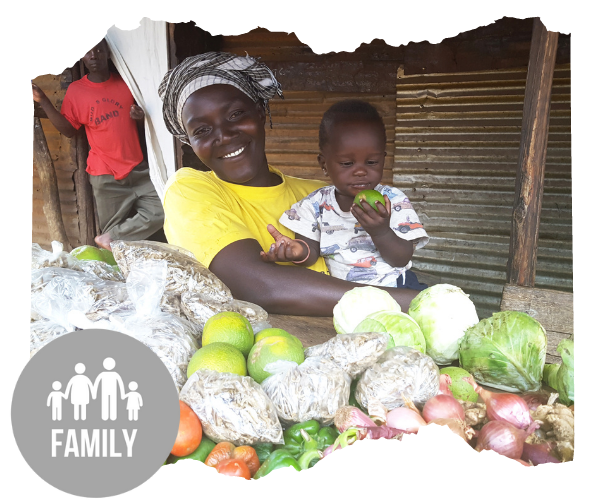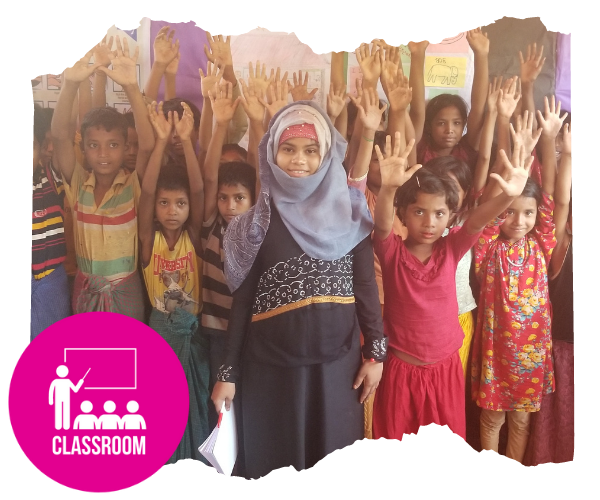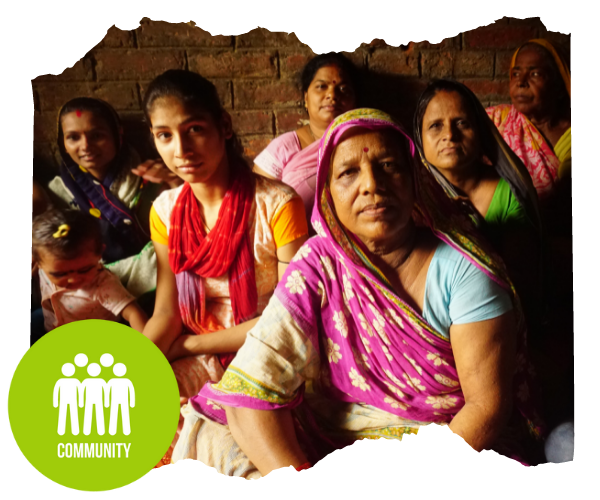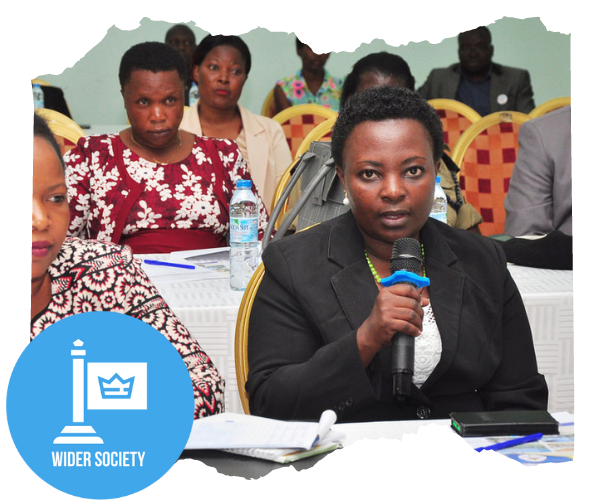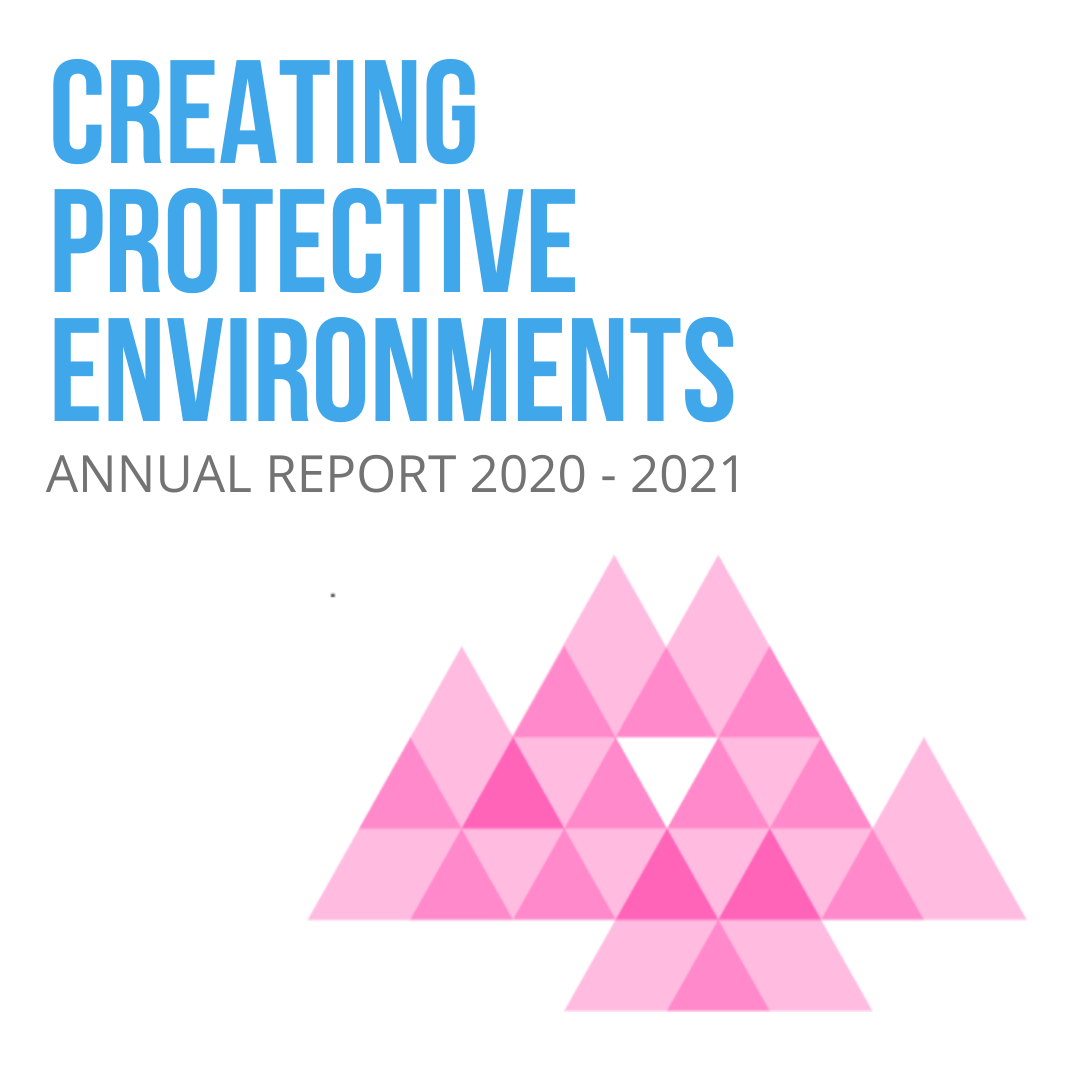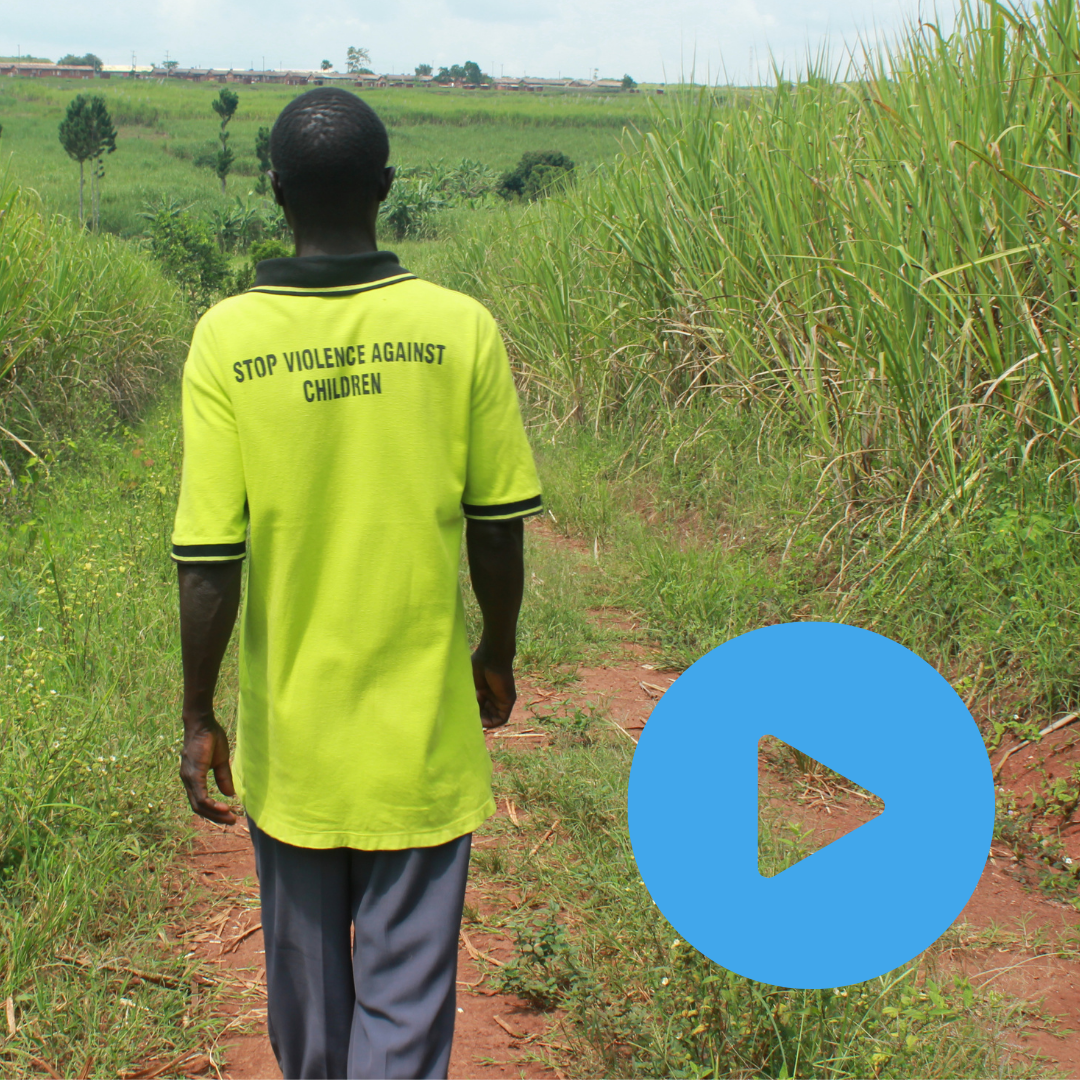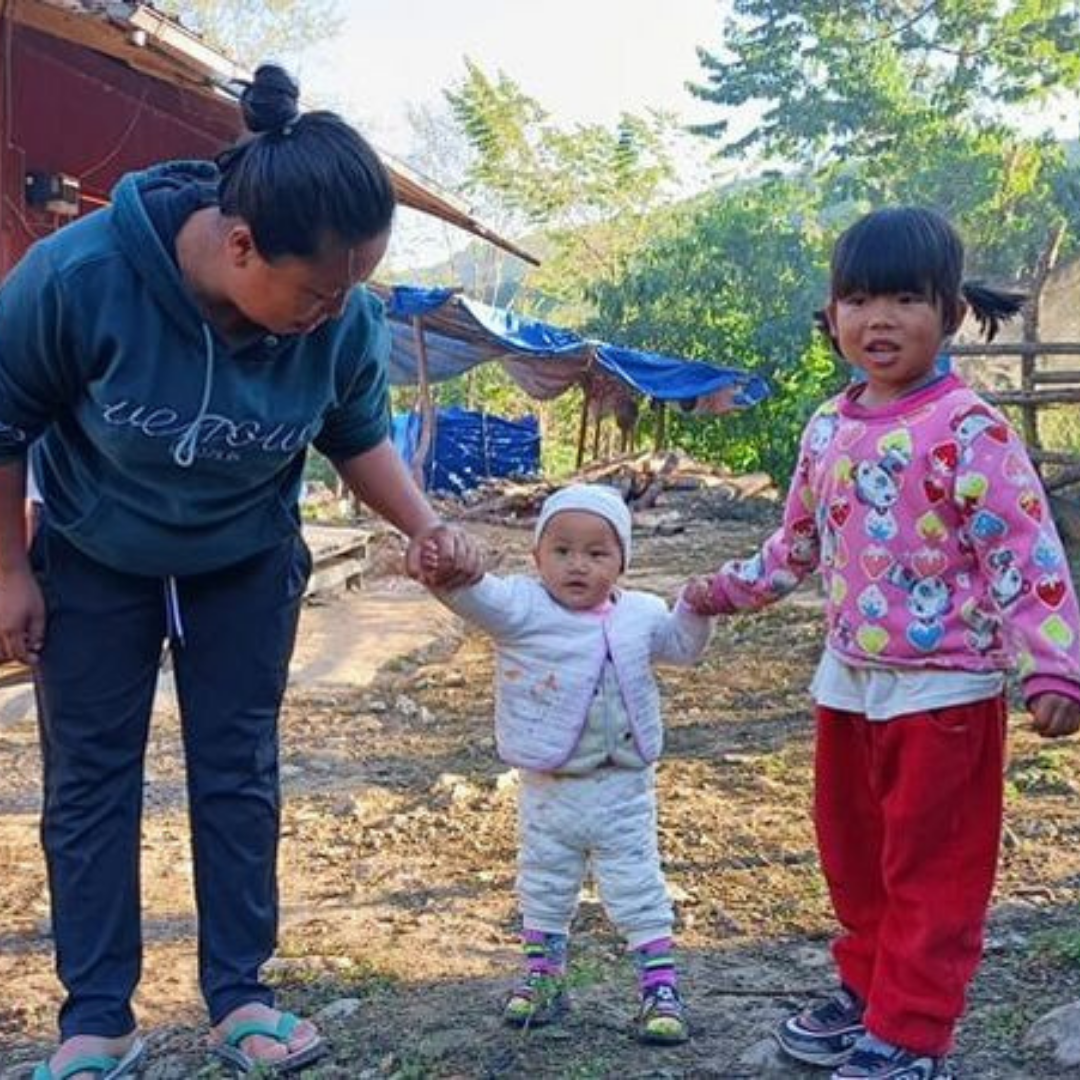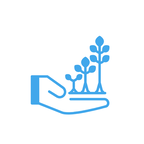Children on the Edge is a child rights organisation created to support the world’s most marginalised children. We currently work with more than 20,000 children in Bangladesh, India, Uganda, Myanmar, and Lebanon. |
|
HOW DO WE CREATE PROTECTIVE ENVIRONMENTS THROUGH OUR WORK?
We engage with and actively involve the entire community to jointly create safe spaces full of hope, life, colour, and fun. To build protection into children’s surroundings at every level, we focus on the following areas...
|
STRENGTHENING FAMILY Family is the first line of defence for a child. Strengthening the protective ability of families means reinforcing positive parenting practices and encouraging the abandonment of harmful ones, it means supporting parents to provide a stable income and encouraging them on the importance of education. We support parenting groups and workshops to resource and develop parents and involve them in the running of schools and learning centres, so they take ownership of their children’s education. We provide microloan schemes and savings groups to help caregivers provide an income and support their families, and we ensure that community networks deliver ongoing advice and support. |
|
COLOURFUL CLASSROOMS Children on the Edge have decades of experience in ensuring education for marginalised children and using the classroom as a protective environment. In emergencies, crises and volatile situations, safe learning environments give children a positive focus, minimising the impact of what is going on around them. The benefits of education are widely recognised and our classroom spaces are designed to create safe, colourful and creative environments where children can thrive. In these spaces we focus on enabling children to be cared for by trusted adults, to express themselves, access basic healthcare, develop a sense of normalcy and play with their friends. |
|
SUPPORTING COMMUNITIES If a community is supported to learn about and realise their rights, they can take ownership of identifying gaps in child protection and generate lasting solutions for their own children. We support voluntary Child Protection Teams in Uganda who transform their communities into safe environments for children by working with families and connecting them with essential local services. Women’s groups in India tackle caste discrimination by learning about their rights, and campaigning for themselves and their children. Savings and loans groups support parents to build resilience for their families and Child Rights Clubs and Children’s Parliaments support children to become leaders in their communities and bring about change. |
|
CAMPAIGNING FOR NATIONAL PROTECTION When the situation demands it, Children on the Edge will play a role in advocating for children’s rights with government bodies. Any reform we advocate for is accompanied by work at local level, ensuring broader awareness through the layers of community and family so national change is genuinely implemented and attitudes are changed in a meaningful way. Examples of this include a successful campaign to change the law to end child sacrifice in Uganda, and lobbying to reform the system of institutionalisation for children in Romania in the 1990s. |
YOU MIGHT LIKE
|
READ MORE ABOUT HOW WE WORKED TO CREATE PROTECTIVE ENVIRONMENTS IN OUR ANNUAL REPORT.
|
WATCH THIS VIDEO ABOUT CREATING PROTECTIVE ENVIRONMENTS IN UGANDA THROUGH COMMUNITY CHILD PROTECTION TEAMS.
|
READ MORE ABOUT HOW WE WORKED WITH FAMILIES TO BUILD PROTECTIVE ENVIRONMENTS FOR CHILDREN DURING THE PANDEMIC.
|



